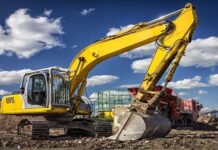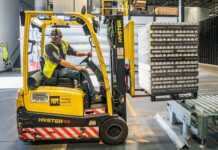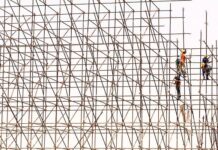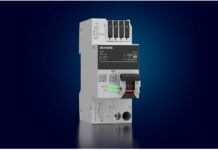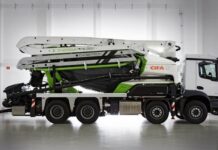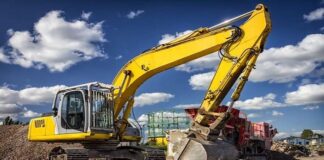Warehouse equipment like forklifts and reach trucks can be expensive for businesses considering buying them new. However, used equipment can help you save a significant amount, especially if you are considering buying multiple pieces. Before doing so, however, there are several things you need to know and consider to ensure you get a good deal and not a potential hidden headache.
Understand Your Needs First
The first thing you should always do before buying new equipment, including warehouse equipment, is to assess and understand your needs. Start by considering the types of products and materials you handle; warehouses that handle individual items have different needs from those that handle pallets.
Then, consider how often you move inventory. If you move a lot of inventory or heavy items regularly, you need equipment with a higher capacity.
It is also important to consider future needs. Will the equipment keep up if your business growsand workers have to move larger or heavier items more frequently?
The Source of the Equipment
You should also consider the source of the equipment. Buy from reputable dealers who specialise in used warehouse equipment. If you purchase used reach trucks through reputable sellers or businesses, you can be sure they have inspected the equipment, refurbished it properly, and can guarantee that it is in the best condition possible.
Another benefit of buying from a reputable business is seller guarantees. They may provide guarantees or warranties that protect your investment if the equipment breaks down or needs substantial repairs within a specific period. Understand all guarantee and return policies before signing anything so you know what to expect and do if something goes wrong.
A Thorough Inspection
If you are buying used warehouse equipment from a reputable seller, you can be sure it is in good condition. However, it is still a good idea to inspect it. Instead of relying on videos and pictures, ask if you can visit their premises to see it. If you do not know what to look for, ask someone who understands the equipment to come along.
They will help you assess tear and wear, rust, cracks, or any other damage that could compromise safety or functionality. They could also tell you if the equipment will need repairs soon so you can factor that into the buying price.
If possible, ask the seller for the equipment’s repair history. These reports and documents will tell you if the former owner took care of it properly and inform you about upcoming repairs.
Safety and Functionality
All warehouse equipment should be safe and function as expected. You should check that it meets current safety standards and regulations. One way to do this is to ensure the equipment was repaired by qualified professionals in the past.
Many businesses will let you complete a functionality test to check if the equipment works as expected. Take advantage of this to check the brakes, capacity, and other features as applies to your business and specific needs.
Buying used warehouse equipment can save you money, but you should be careful if you go this route. Use the tips above to make an informed decision, and don’t prioritise the savings so much that you compromise worker safety, business efficiency, and your bottom line.


